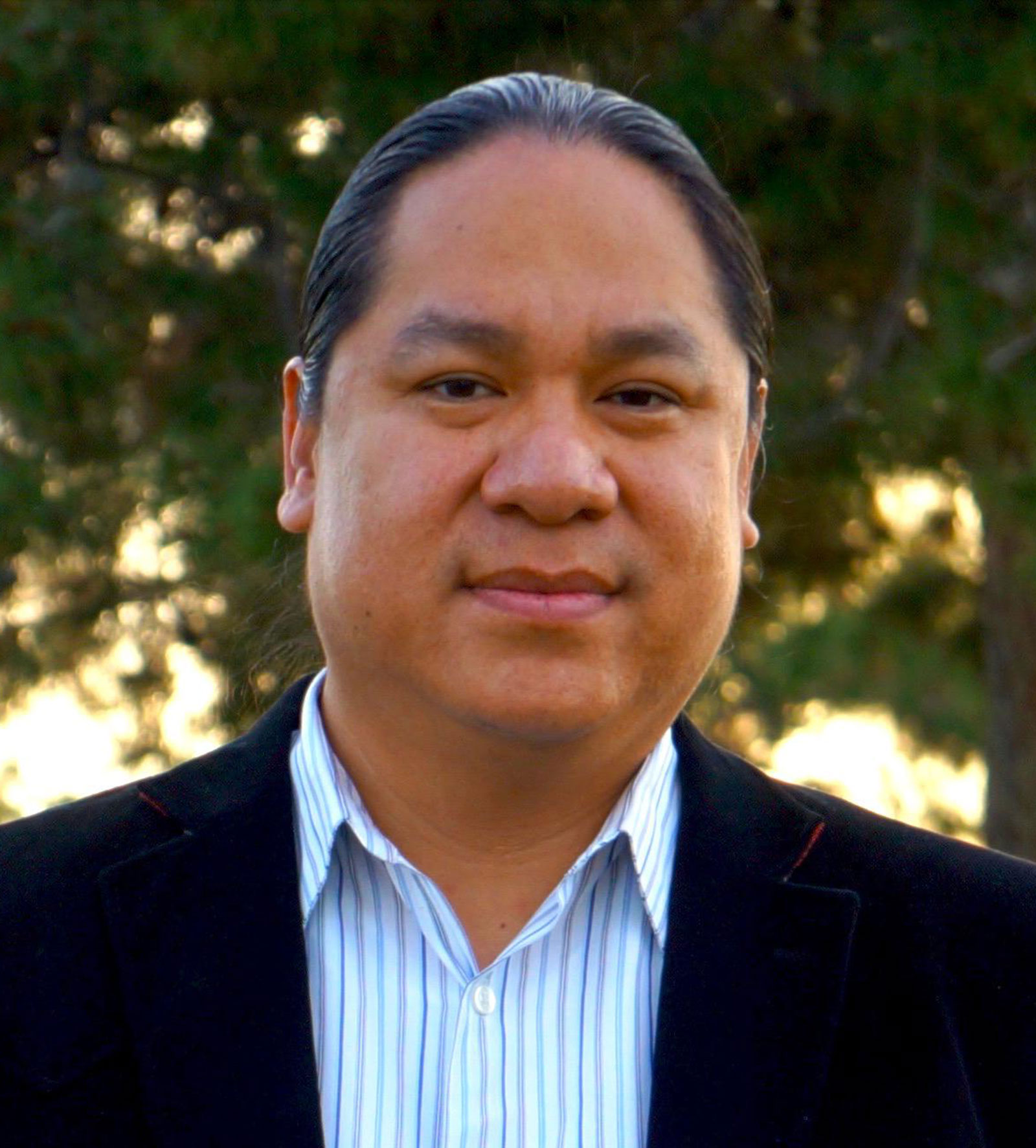Indian nations face social, spiritual challenges from unhealed trauma

Genocide has been a thread through humanity, stretching back centuries and into modern times.
Several Arizona State University experts will talk about mass killings at "Genocide Awareness Week: Not On Our Watch" at Scottsdale Community College. The event runs April 17–24.
This will be Scottsdale Community College's fifth Genocide Awareness Week, which gathers survivors, scholars, politicians, activists, law enforcement and artists to delve into the history and ramifications when one group of people tries to destroy another.
Leo Killsback, a citizen of the Northern Cheyenne Nation and an assistant professor of American Indian Studies at ASU, will give a lecture titled “Broken Treaties, Broken Pipelines: The Fight For American Indian and Indigenous Rights in the 21st Century.”
KillsbackKillsback culturally and spiritually identifies as a Cheyenne person as he is a practitioner of traditional ceremonies and a member of traditional Cheyenne ceremonial societies and guilds. He is an author, scholar and student of American Indian culture, history, spirituality, traditional law and decolonization. Killsback teaches a graduate course, American Indian and Indigenous Rights, and an undergraduate course, Human Rights and Cultural Resource Law. answered questions for ASU Now:
Leo Killsback is an assistant professor at ASU. Photo by Cheryl Bennett
Question: What will your lecture be about?
Answer: My lecture, as with my research, connects the historical injustices that the U.S. committed against Plains Indians with the current injustices related to social inequality, threats to American Indian sovereignty, and the fights to protect treaty rights and indigenous rights.
Q: How does your talk relate to the theme of genocide awareness?
A: Throughout the colonization of western Native America, the U.S. committed horrendous acts of genocide against Plains Indian peoples through violence and later through assimilation-based policies. Today, many of these same Indian nations continue to face social and spiritual challenges stemming from the unhealed wounds of trauma. Meanwhile, their lands, water sources and air are under constant threat from exploitation and pollution. For a lot of Plains Indian nations, the wars against imperialism never ended.
Q: Your talk is titled, “Broken Treaties, Broken Pipelines.” Do you believe that the recent attention on the Dakota Access Pipeline protests has changed attitudes towards Native Americans’ rights?
A: The attention of the Dakota Access Pipeline has certainly brought American Indian and indigenous rights to the forefront in a manner that the world has never seen before. I think that the attitudes of the non-Indian public towards American Indian and indigenous rights will continue to change for the better. Some people, however, in some parts of the country have become more aggressive in their negative treatment towards Indian peoples in response to the #NoDAPL movement. Nonetheless the movement is strong, resilient and will continue with peace and prayer as core principles.
Q: Did the protests renew enthusiasm among Natives themselves for pursuing justice?
A: American Indians have resisted colonialism and injustice for years, but the current movement has quickly become part of a much larger global community. The Standing Rock Sioux Nation, its citizens and the water protectors who defied the Dakota Access Pipeline represent a 500-year effort to protect Mother Earth.
Killsback will speak at 9 a.m. Tuesday. Other ASU experts and their lectures are:
- “Violence and State Repression in the Midst of Refugee Crises,” by Thorin Wright, assistant professor, School of Politics and Global Studies, at 1:30 p.m. Monday
- “Mass Atrocities and International Justice,” by Clint Williamson, former U.S. ambassador-at-large for war crimes issues and now a professor of practice in the Sandra Day O'Connor College of Law and senior director for Law and National Security at the McCain Institute for International Leadership, 6:30 p.m. Tuesday.
- “Genocide in the Renaissance: A New and Terrible World,” by Sharonah Frederick, assistant director of the Arizona Center for Medieval and Renaissance Studies at ASU, 9 a.m. Wednesday.
- “Genocide: Problems with Comparison,” by Volker Benkert, assistant professor of history, and Jason Bruner, assistant professor of religious studies, at 10:30 a.m. Wednesday.
- “Building the Rule of War: Accountability after Violence,” by Milli Lake, assistant professor, School of Politics and Global Studies, at noon Wednesday.
- “Anti-Jewish violence in Postwar Poland, 1945–46,” by Anna Cichopek-Gajraj, assistant professor of history, at 1:30 p.m. Thursday.
Genocide Awareness Week also will include a talk by a survivor of the Holocaust, lectures about the 1936 Olympics in Berlin, a presentation on current hate crimes by the Phoenix Police Department and a memorial service. Find details here.
More Arts, humanities and education

Award-winning playwright shares her scriptwriting process with ASU students
Actions speak louder than words. That’s why award-winning playwright Y York is workshopping her latest play, "Becoming Awesome," with actors at Arizona State University this week. “I want…

Exceeding great expectations in downtown Mesa
Anyone visiting downtown Mesa over the past couple of years has a lot to rave about: The bevy of restaurants, unique local shops, entertainment venues and inviting spaces that beg for attention from…

Upcoming exhibition brings experimental art and more to the West Valley campus
Ask Tra Bouscaren how he got into art and his answer is simple.“Art saved my life when I was 19,” he says. “I was in a dark place and art showed me the way out.”Bouscaren is an …


